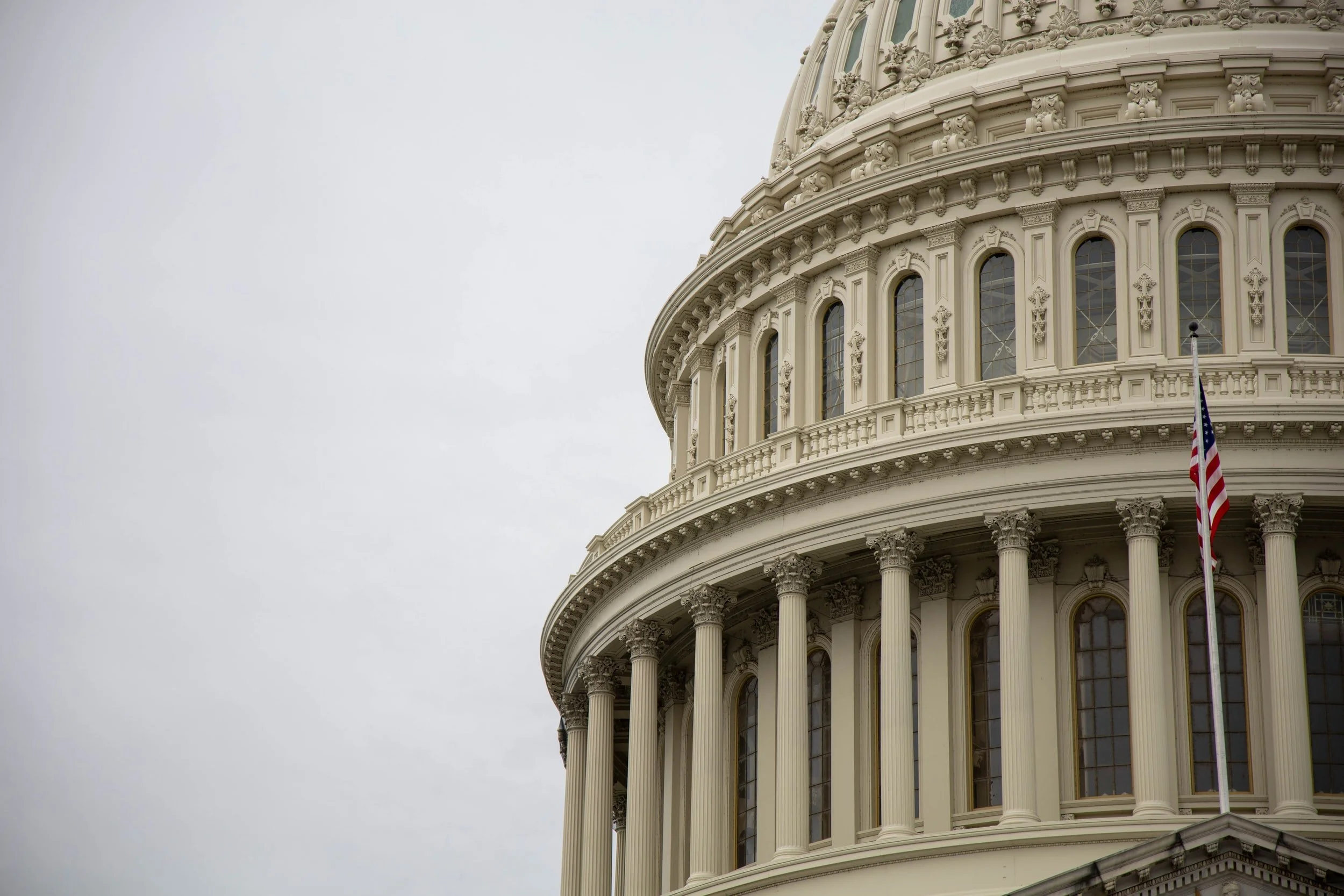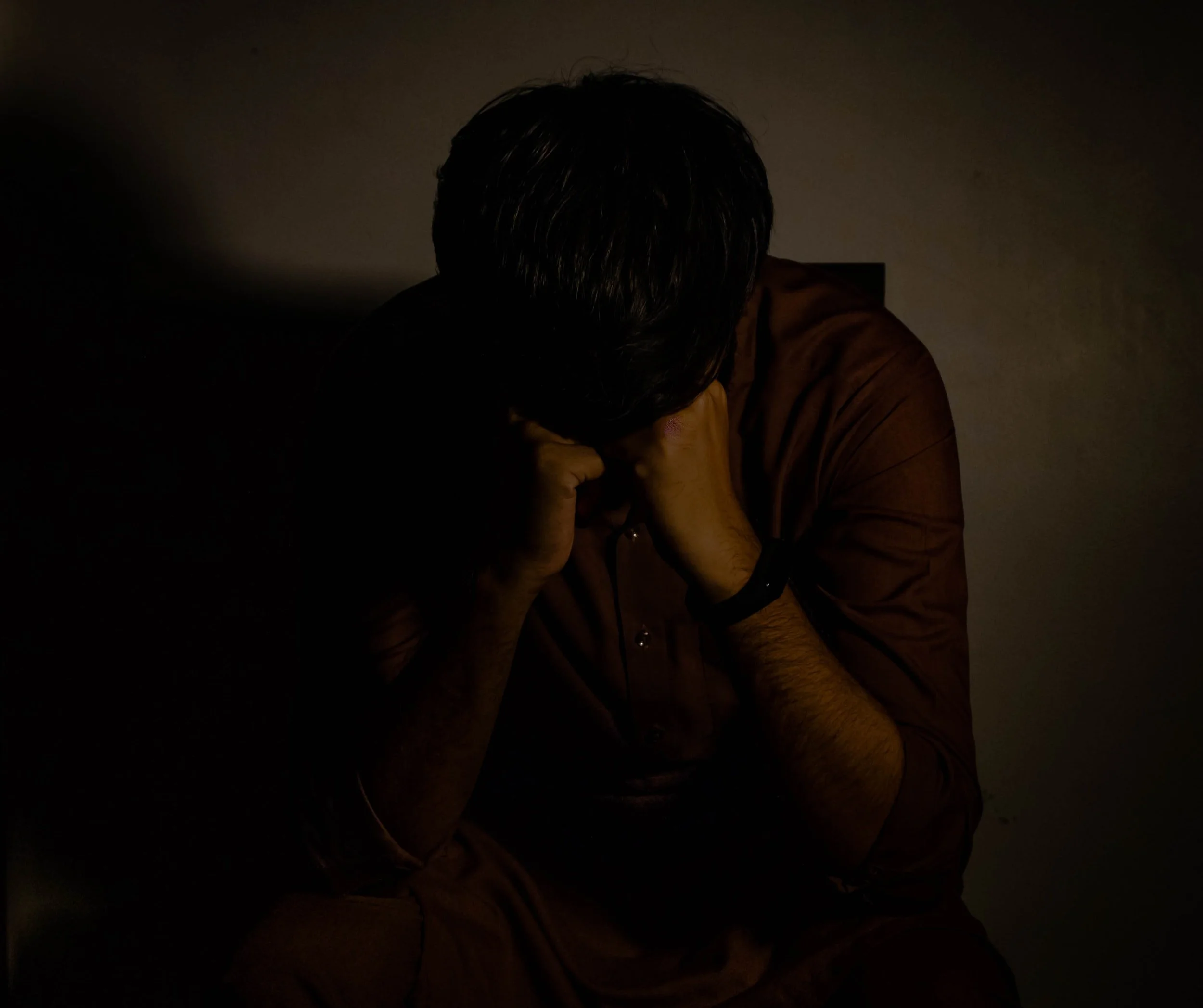Riots and New Laws and Mandates, Oh My! | The Exhausted Police Officer
It has been a busy time in Washington State in the law enforcement—and broader first responder—community. However, today is an important day to take some time to reflect and to help one another as the community continues to face a challenging time.
If this is your first time joining me here on the Boukabou Solutions blog, you can learn more about the mission here and what the blog is all about by reading the first introductory blog post: Boukabou Solutions | Solutions to What?
People around the world have been impacted by the COVID-19 pandemic and many have suffered and sacrificed. For example, in my extended family, we have an emergency room doctor and nurse that have shared the stories of the dedicated service of the medical personnel throughout this pandemic. Many have been significantly impacted by the events around the world in the last couple years. This blog and this post is focused around first responders—and particularly law enforcement.
SARS-CoV-2 | COVID-19
In Washington State, the impacts of the SARS-CoV-2 virus began in January of 2020. By March 23rd, Governor Inslee declared a state of emergency and the pandemic lockdowns began. “Essential workers” continued working and often served the community with courage and dedication. First responders continued to respond to emergency calls and served the community under stressful circumstances—especially considering the totality of the circumstances in the country.
The COVID-19 disease killed at least 245 law enforcement officers in 2020 and at least 234 to date in 2021 (according to Officer Down Memorial Page, retrieved on October 19, 2021).
This chart shows the reported line of duty deaths (LODDs) in law enforcement to date in 2021. In comparison, there were a total of 151 LODDs counted by ODMP in 2019. ODMP counted 374 LODDs in 2020 (and so far in 2021 LODDs are at 366). Law enforcement courageously served its communities and tragically lost many lives.
The job continued to be dangerous nevertheless—gunfire being the second leading cause of death. And in many instances, we did not get to grieve the friends we buried like we usually could and would. Each loss of life is tragic for the loved ones left behind. It does not matter what caused the death, the void is the same. There are so many voids in our hearts, which we suffered in the last couple years. The pain is understandable. It is normal. It is something we must face and help one another through.
COVID-19 Vaccine Mandate
October 18, 2021, was the deadline for many law enforcement officers and first responders in Washington State to be fully vaccinated against COVID-19 to fulfill the requirement for the conditions of employment with the state of Washington, King County, and the city of Seattle.
Today, many Washington State Patrol troopers, King County Sheriff's Office deputies, and Seattle Police officers are no longer employed or eligible to report for duty by their respective agencies due to the mandates. This of course includes other first responders such as fire fighters and other emergency medical personnel. We must not forget about the often underappreciated correctional officers that are impacted. Finally, the civilian (non-commissioned) support staff that ensures successful and safe operations—such as our communications officers (dispatchers) and many others.
Those that chose not to comply with the mandate have been impacted in many facets of life—the immediately obvious one being financial. However, we all understand how important it is to have a sense of community. Our identity, especially within the first responder community, is embedded in our careers and sense of purpose.
Those that chose to comply with the mandate have been impacted as well—the immediately obvious one being loss of colleagues and friends.
Our loss of unity within our community is unfortunately dismantling important structures of support we typically have available. We process our issues together at break and at roadsides. We informally mentor and support one another through the challenges. However, this issue has fractured our community more than most issues we have faced.
New Laws | A Dozen of Them
Recently, the state of Washington passed and signed into law a dozen new bills impacting law enforcement. Laws with the most significant impact to daily functions/operations of peace officers in the field took effect on July 25, 2021. The new laws change what conditions must be met to use physical force, which significantly impacts law enforcement’s understanding of when it is permissible to use physical force by law. The new laws restrict or prohibit when law enforcement may use certain tactics and/or equipment to perform its duties.
This is not meant to breakdown the new laws or describe the changes comprehensively. The purpose of reflecting on these changes is to highlight that law enforcement in Washington State is anxious and fearful because of the changes. The anxiety comes from the lack of clarity and understanding of the new laws. Peace officers are committed to fulfilling their duties, but they are worried and fearful that they may not know how to do it lawfully—or at least it is not reasonably clear what to do after these changes in various common circumstances.
For months now, the law enforcement training community has been working hard to understand and provide training addressing these changes. The reality of the situation is that there are important questions that still do not have clear answers. Officers fear that a mistake poses a potential criminal, decertification, and/or civil liability risk in the current political and cultural environment (such as the defund the police sentiment and movement).
Protest & Riots | Psychological & Physical Exhaustion
Officers around the country have stood on the line and served to provide people the right and freedom to protest. Often, they were the subject of the protests and often being told horrible things. In Washington State, Seattle Police officers were notably told to kill themselves during one of these protests. A protestor encouraged the officers to use their sidearms and place them under their chins and kill themselves.
This is not meant to provide political commentary or analysis. It is simply to reflect on how taxing the psychological and physical effects of these protests were. At times, these protests turned violent and injured officers, which clearly caused not only physical exhaustion, but actual physical harm. Some officers sustained serious injuries that may impact them for the rest of their lives. Rocks, bottles (sometimes filled with urine), and incendiary devices were thrown at the officers. Some were targeted by laser pointers, which can damage the eyes and the ability to see.
Officers are often willing to treat physical injuries and acknowledge physical exhaustion. Unfortunately, the same cannot be said about psychological injuries and exhaustion. Undoubtedly, many are suffering quietly and coping in unproductive ways (such as substance abuse, alcohol being a very common one).
How Are You Doing?
So, how are you doing?
A common response is:
I’m fine.
or
I’m alright.
More often than any of us would like to believe, in the first responder community, the meaning of these words are indicative of literally the opposite. We are not fine. We are not alright.
I have spoken to hundreds of officers in the last couple months. When I get beyond the “I’m fine” and “I’m alright” answers, I learn that most common feeling is:
I’m exhausted.
This is understandable. This is normal. This is not weakness. It just is what you may be feeling—psychologically, physically, and/or spiritually. You are not alone and many feel the same way. Why are most feeling this way? Here is a list (which we just discussed):
SARS-CoV-2 virus and COVID-19 disease pandemic
COVID-19 vaccine mandates for continuing employment
New laws impacting law enforcement (especially those in Washington State)
Protest and riots (such as the defund/abolish the police sentiments and movements)
Are there more reasons? Absolutely. We have not discussed any of your personal reasons for exhaustion that could include: family, relationships, finances, kids, deaths and disease in family, and more.
We are just people. We have regular people problems in addition to what is going on professionally. However, first responders are driven by a purpose of helping others, which means we often ignore signs that we need help ourselves.
What Can We Do?
Recognize the signs that you may need some back-up. I do not mean on a call, where safety would require additional resources or tactics to secure the scene. Although, it is important to point out that on a call and when reasonable, calling for back-up would not be seen as a sign of weakness or incompetence. It would be seen as good tactics.
It is good tactics in your personal circumstances too. I encourage you to not believe that anyone that truly cares about you would (or at least should) consider you reaching out for help as a sign of weakness or incompetence. One way to convince yourself of this being true is to consider whether you yourself would judge your friend that way after he or she reached out to you for help.
What is a common sign you need to reach out? Feeling hopeless is an important indicator. If all these circumstances are making you feel exhausted to the point of hopelessness or unrelenting anxiety and worry or anything that gives you the feeling that you need help, please do not ignore it. If thoughts of hurting yourself or committing suicide is on your mind, please do not face these thoughts alone and take care of yourself. Code4 Northwest, a first responder 24/7 crisis response hotline, is a volunteer-run non-profit organization that is able to provide confidential services and referrals (protected by the Revised Code of Washington, under RCW 43.101.425). Call 425.243.5092 anytime to connect with someone that wants to be there for you when you need someone to listen, to care, and to help you find the resources you need.
It takes courage to recognize, accept, and act on our understanding that we need help. It shows vulnerability and not weakness. It embraces humility that we may not always be able to do it by ourselves and that we may need someone to help us. It is not without irony that those driven to help others avoid being helped. Most, if not all, would not look down or judge a friend we are helping, yet we believe we would be judged negatively by our friend. I would argue, if your “friend” would judge you, he or she is not your friend.
What can we do?
Be a friend.
Call a friend if you need help.
Important to Know | Remember
You are NOT alone
You are stronger than you think you are
You are tougher than you think you are
You are more important than you will ever know
and loved more than you believe.
I invite you to leave a comment or contact me. Please be mindful and respectful to help keep this digital space a positive and encouraging place for others.
You can follow Boukabou Solutions on social media channels (see below at the bottom of the page for social media links).
Also, on the main blog page you can sign-up for a free email newsletter, which will notify you when new blog posts are published.







